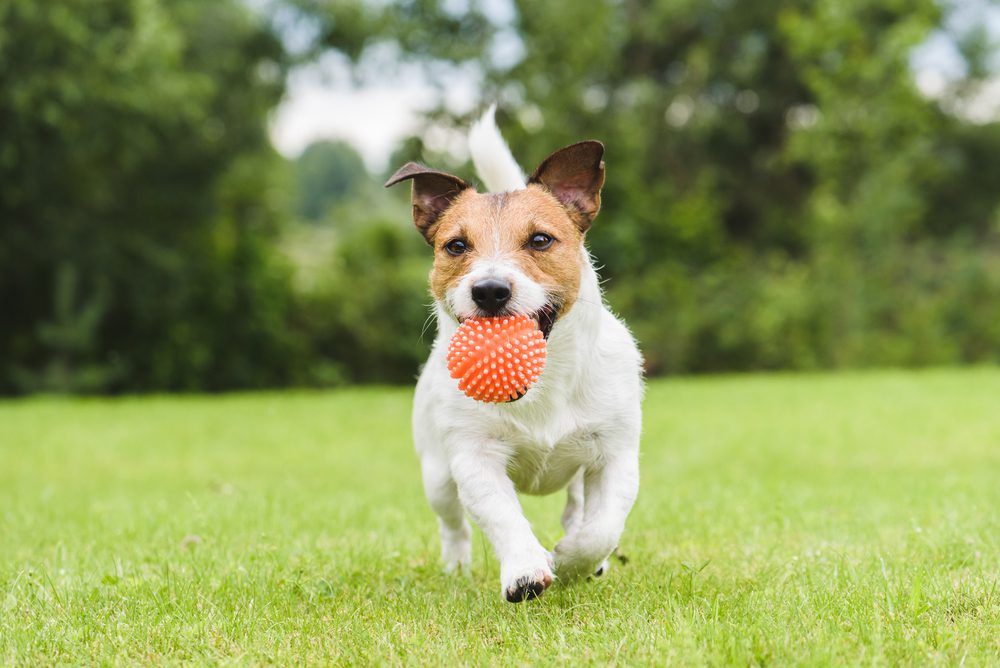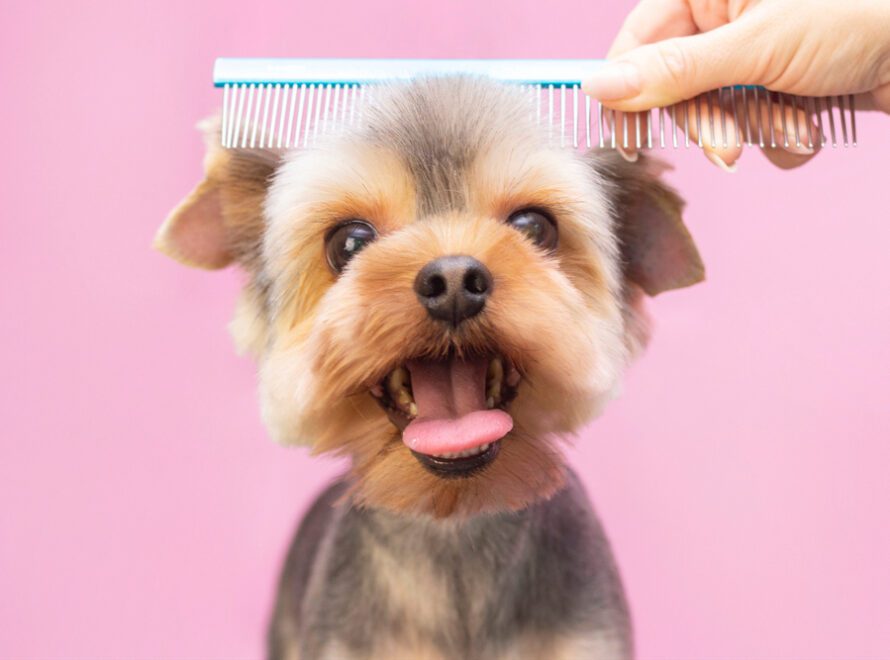The Importance of Exercise and Physical Activity for Pets
Exercise and physical activity are essential for maintaining the health and happiness of pets. Just like humans, pets need movement to stay fit, maintain a healthy weight, strengthen their muscles, and improve their mood. In this article, we will explore the benefits of exercise for pets, the best activities to engage them in, and tips to ensure their safety during playtime.
Benefits of Exercise for Pets
- Maintaining a healthy weight: Regular exercise helps prevent obesity, which can lead to health issues such as diabetes and heart disease.
- Strengthening the heart and bones: Physical activity strengthens the heart, bones, and muscles, keeping the body flexible.
- Stimulating mental activity: Exercise improves cognitive function and reduces boredom, helping to prevent destructive behaviors such as excessive chewing or scratching.
- Reducing stress and anxiety: Play and movement help release happiness hormones, improving the pet's mental well-being.
- Strengthening the bond between you and your pet: Playing with your pet builds trust and loyalty, enhancing your relationship.
Best Exercises and Activities for Pets
- For dogs: Daily walks, running, playing fetch, obedience training, and intelligence games like searching for hidden treats.
- For cats: Hunting games, climbing towers, chasing small balls, and using scratching posts to train their claws.
- For birds: Allowing them to fly freely inside the house under supervision, providing hanging toys and swings, and teaching tricks such as grabbing objects or spinning.
- For hamsters and rabbits: Running on an exercise wheel, exploring tunnels and digging toys, and allowing limited free movement in a safe indoor space.
Tips for Keeping Your Pet Safe During Exercise
- Choose a safe environment free of obstacles during play.
- Use toys suitable for the pet’s size and breed.
- Do not force the pet to exercise if they seem tired.
- Ensure they have access to fresh water after playtime to stay hydrated.
- Consult a veterinarian if you notice any signs of exhaustion or injury.






